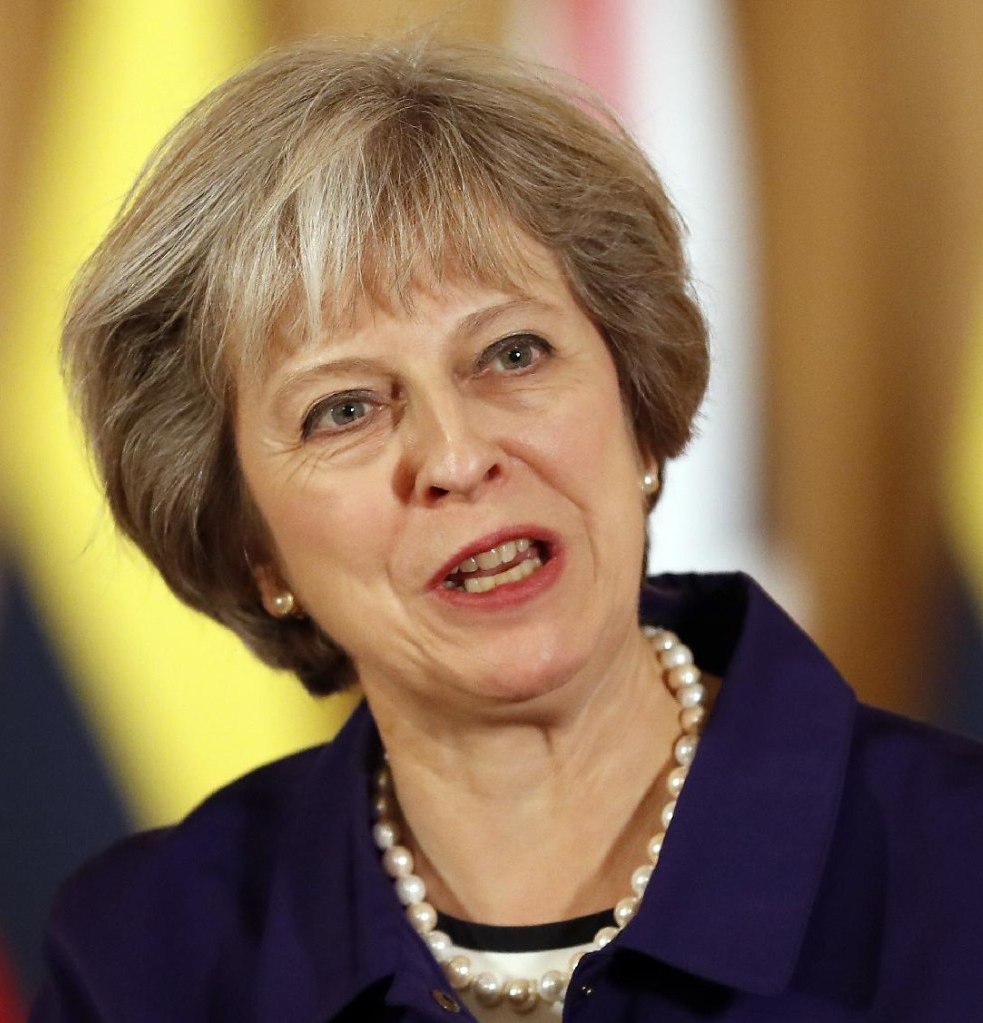Setback for British PM as High Court rules no Brexit without parliamentary vote
Theresa May cannot trigger Brexit without putting it to an MPs’ vote in the House of Commons, the High Court has ruled. In a landmark ruling, Lord Chief Justice Thomas said Mrs May did not have the right to set in motion Article 50, the official start of the two-year EU divorce proceedings, without consulting parliament. The decision is a significant setback for the Prime Minister’s Brexit strategy - she announced at the Conservative Party Conference last month she would trigger Article 50 by the end of March. The Government instantly announced it would appeal against the ruling and the two sides will now prepare for another showdown at the Supreme Court in early December. A Downing Street spokeswoman said it was the Prime Minister’s intention to stick to the end of March deadline for Article 50.
The country voted to leave the European Union in a referendum approved by Acts of Parliament. The Government is determined to respect the result of the referendum.
Liam Fox, International Trade Secretary
The ruling saw the pound up more than 1% against the dollar, at $1.24, in the immediate wake of the High Court announcement. Unless the decision is overturned by the Supreme Court, or on further appeal to the European Court of Justice, then it will be for MPs to decide when to start the UK’s exit from the European Union. While many may be reluctant to overturn the public’s decision, there will be a number in constituencies where people voted Remain who will come under pressure from their voters. The case has centred around the wording of Article 50 of the Lisbon Treaty, which says member states may leave the EU “in accordance with its own constitutional requirements”. However, there is no clearly established “constitutional requirements” leaving both sides free to make their own definitions.

Europe